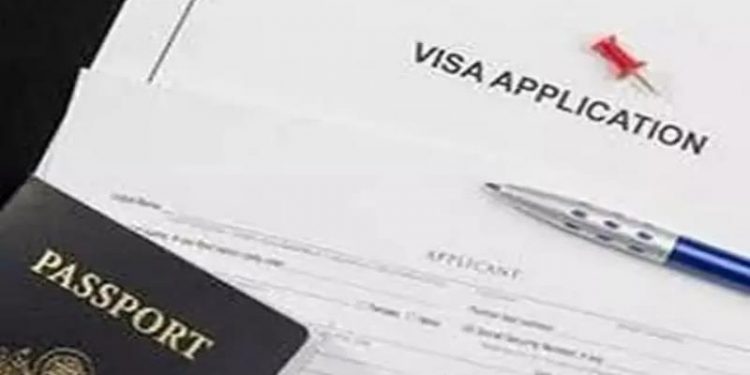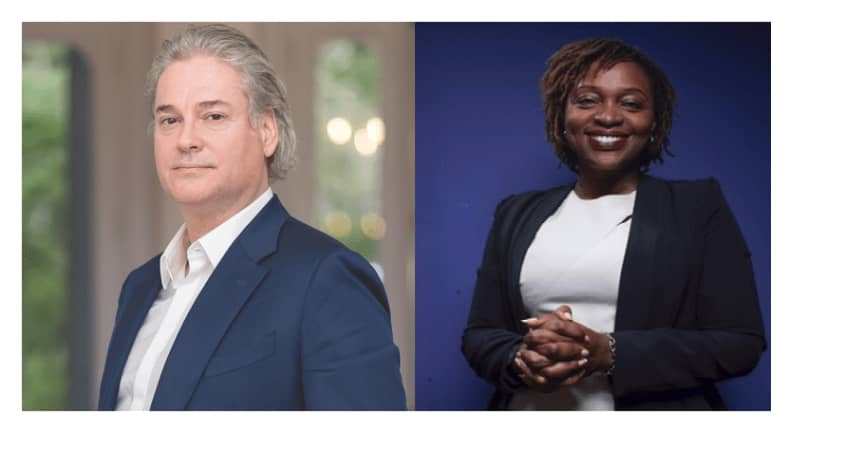The U.S. government has temporarily suspended the scheduling of new interviews for student visa applicants around the world, as it prepares to implement stricter vetting measures, including the screening of applicants’ social media profiles.
This directive, issued by U.S. Secretary of State Marco Rubio and disclosed in a cable to diplomats worldwide, instructs American embassies—such as those in Nigeria and other countries—to halt the setup of new interview appointments for student visa categories, including F, M, and J visas. Although the move is temporary, no new applicants can schedule interviews until further notice, a mandatory step in the U.S. student visa application process.
Rubio emphasized that already scheduled interviews will still proceed. He noted that detailed guidance on the new social media vetting protocols would be released soon. “Effective immediately, consular sections should not add any additional student or exchange visitor visa appointment capacity until further guidance is issued,” he stated.
The decision comes amid a broader crackdown by the U.S. government on international students, citing concerns over antisemitism linked to foreign student populations in American institutions. It also aligns with the administration’s increasing pressure on U.S. universities to revise race-conscious admission policies.
Last week, the government revoked Harvard University’s certification to host international students under the Student and Exchange Visitor Program. The Department of Homeland Security claimed this was due to the university’s refusal to hand over behavioral records of its foreign students. In addition, the government froze $2.3 billion in federal funding to the institution.
Hundreds of international students have already seen their visas revoked or their legal statuses terminated. About 600 students across over 90 U.S. colleges have been affected, according to recent reports. In April, Cynderila Patrick, a Nigerian graduate of Youngstown State University in Ohio, sued the U.S. government after her student visa was revoked. Several other students have also turned to the courts.
A federal judge recently ruled that the government cannot terminate the legal status of foreign students while lawsuits challenging the revocations are pending.
Despite these legal interventions, Rubio disclosed to Congress that thousands of student visas have likely been revoked nationwide, and more may follow. “We’re going to continue to revoke the visas of people who are here as guests and are disrupting our higher education facilities,” he said. “A visa is a privilege, not a right.”










